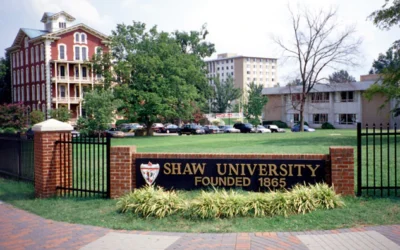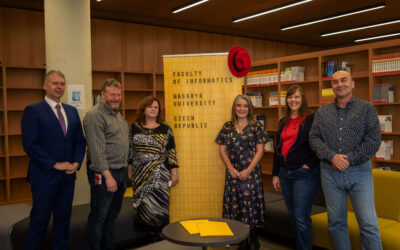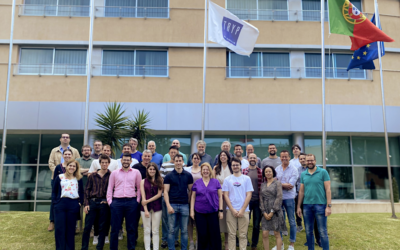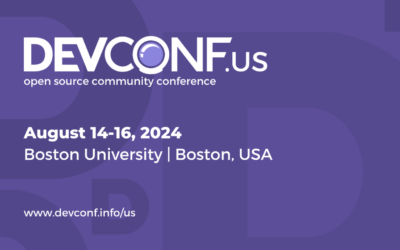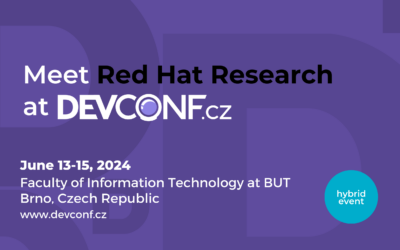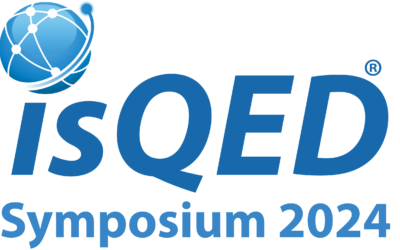Twenty-two leading European organizations from 11 countries have joined forces to tackle the challenges of the IoT-edge-cloud paradigm.

The proliferation of novel computing and sensing device technologies and the growing demand for data-intensive applications in the edge and cloud are driving the next wave of transformation in computing systems architecture. The resulting paradigm shift in computing is centered around dynamic, intelligent, and seamless interconnection of IoT, edge, and cloud resources in one computing system, to form a continuum. This newly formed research consortium proposes an approach to embed a set of functionalities and define a brand new IoT-edge-Cloud Operating System (ICOS). Red Hat Research is among the contributors and is leading work in infrastructure and orchestration.
Coordinated by the Research and Innovation hub of the Atos Group in Spain, the ICOS project started officially on September 1, 2022, and will continue for three years. The project is funded by the European Commission under the Horizon Europe Programme within the topic Future European platforms for the edge: meta operating systems. The consortium includes representatives from technology industries and European universities. The group held its face-to-face kickoff meeting in Vilanova i la Geltrú, near Barcelona, Spain, on November 2-3.
ICOS aims to design, develop, and validate a meta-operating system for the Cloud-Edge-IoT continuum by addressing four main challenges :
- Device volatility and heterogeneity, continuum infrastructure virtualization, and diverse network connectivity
- Optimized and scalable service execution and performance, as well as resource consumption; guaranteed trust, security, and privacy
- Reduction of integration costs
- Effective mitigation of cloud provider lock-in effects
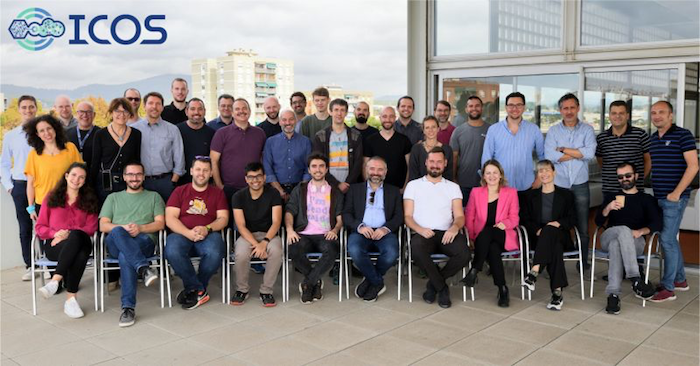
Efforts towards these objectives will be consolidated in a data-driven system built on the principles of openness, adaptability, data sharing, and a future edge market scenario for services and data.
The project will contribute to European competitiveness by creating a globally attractive, secure, and dynamic data-first economy, moving beyond a simple send-data-to-the-cloud strategy. This advancement will offer new opportunities for European actors to enter the market with new services, increasing the EU’s autonomy, sovereignty, and performance in the global data economy.
The project’s technical impact will consist of a new platform and ecosystem for managing the application lifecycle in a secure, smart, and efficient way across the entire Cloud-Edge-IoT continuum. Its economic impact will be proven by the feasibility demonstrated through ICOS microanalysis, according to four use case KPIs:
- In-car advanced infotainment and multimedia management systems
- Agriculture operational robotic platforms
- Railway structural alert monitoring systems
- Energy management and decision-support systems
ICOS will not be alone in this extensive mission. As coordinator Francesco D’Andria (Atos) stated, “The project will cooperate with other Research and Innovation Action projects addressing the same topic, such as NEMO or NEPHELE, to exploit results and synergies, maximize impacts of the Cloud-Edge-IoT project portfolio, and coordinate dissemination activities. In addition, ICOS will contribute to the consolidation and coherence of work implemented by the Coordination and Support Action related projects OpenContinuum and Unlock-CEI.”
Red Hat engineers lead the work package Development of the distributed meta-kernel layer module, where we plan to leverage several community projects to support ICOS multi-cluster orchestration and connectivity requirements. Some projects being considered for ICOS are Open Cluster Management, Submariner, MicroShift, and Knative. Get in touch with research-eu-projects-engineering@redhat.com if you are interested in contributing to the project.
To learn more about the ICOS project, visit the ICOS project page.

Funded by the European Union under Grant Agreement No. 101070177. Views and opinions expressed are however those of the author(s) only and do not necessarily reflect those of the European Union or European Research Executive Agency. Neither the European Union nor the granting authority can be held responsible for them.
